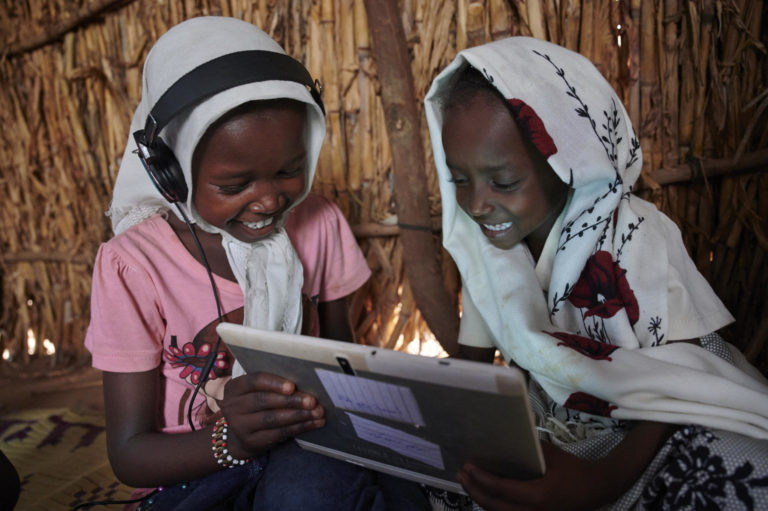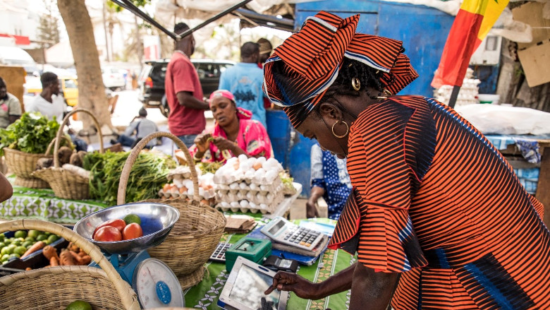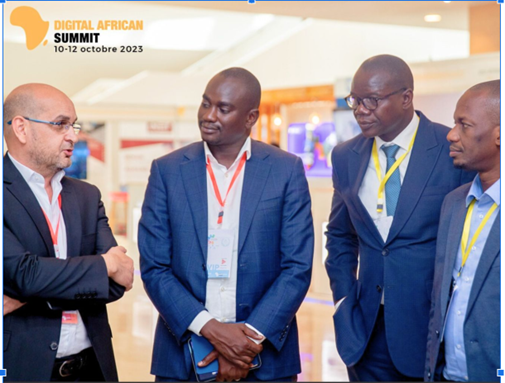"Today nobody can say how many schools there are in the world". From this realization and aiming to connect every school in the world before 2030, the UNICEF and Naroa ZURUTUZA, AI and information poverty lead at the organization office of innovation, launched august 26 to map every school in the world. The map will be complete for 35 countries before 2023. The organization focuses on pioneer countries such as in Africa, Niger, Sierra Leone, Benin, Togo, Kenya, Rwanda, and Uganda. States chose because they already invest a lot to connect their schools.
The satellite imaging, a great asset

But before connecting the schools, it's essential to know where they are. For that, the UNICEF joins forces with the Swedish telecommunications company Ericsson. "Their resources and AI expertise are crucial in making us save time," explains Naroa ZURUTUZA. Government data are not really precise and sometimes totally obsolete, so satellite imaging becomes a great asset to confirm school coordinates.
Schools can be recognized from satellites: the shape of the building, a road, a schoolyard, sometimes a sportsfield... Ericsson's program allows us to check geographic coordinates in no time and without anybody going on site.
Data are also collected from NGO local offices and the local population.
The mapping will not only be useful in order to connect schools but also to know where there is a lack of infrastructure if some communities are left behind on education matters. "We use schools as a rallying point in case of emergency or for our vaccination campaign," underlines Naroa ZURUTUZA.
The health crisis accelerates the project

Without any surprise, Rwanda is one of the project leaders in Africa, since the country invested a lot of funds to deploy 7000 km of optical fiber and extend 4G connectivity to 96% of its surface. An example "to encourage other governments to get involved and win their trust," explains Naroa ZURUTUZA.
Because the Covid-19 crisis shows the importance of school connectivity: 125 million kids could not follow classes last month, and remote school becomes a headache in many countries. The GIGA project understands it as well, accelerating in response to the crisis by connecting schools in Kenya some weeks ago. Launched in 2019, the GIGA project gets a new step before achieving the aim of connecting every school in the world. A goal that will need billions of dollars and years...





